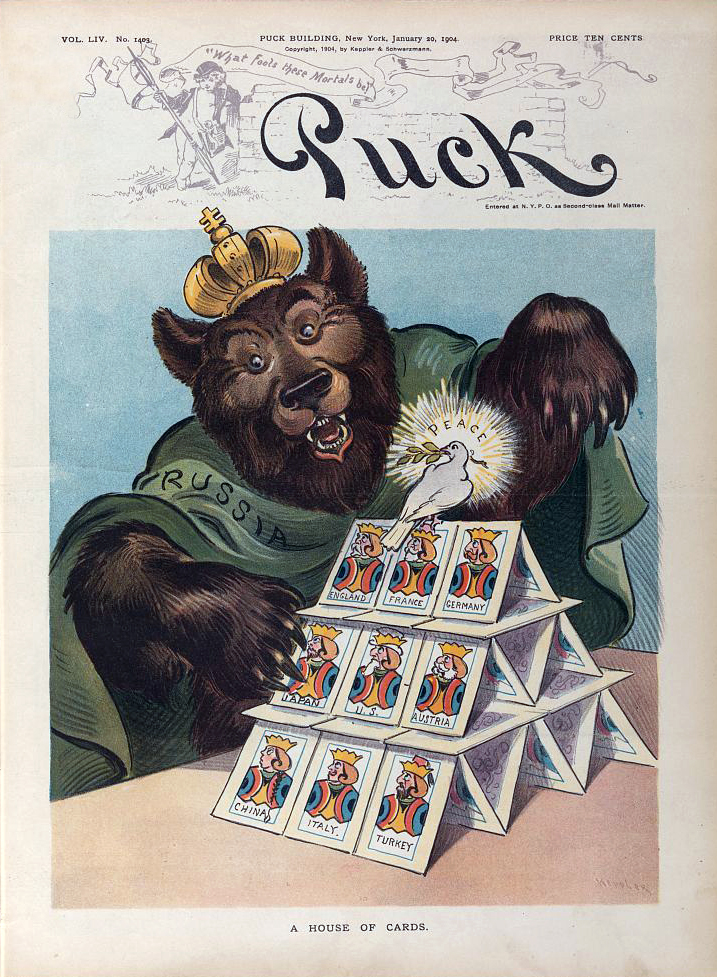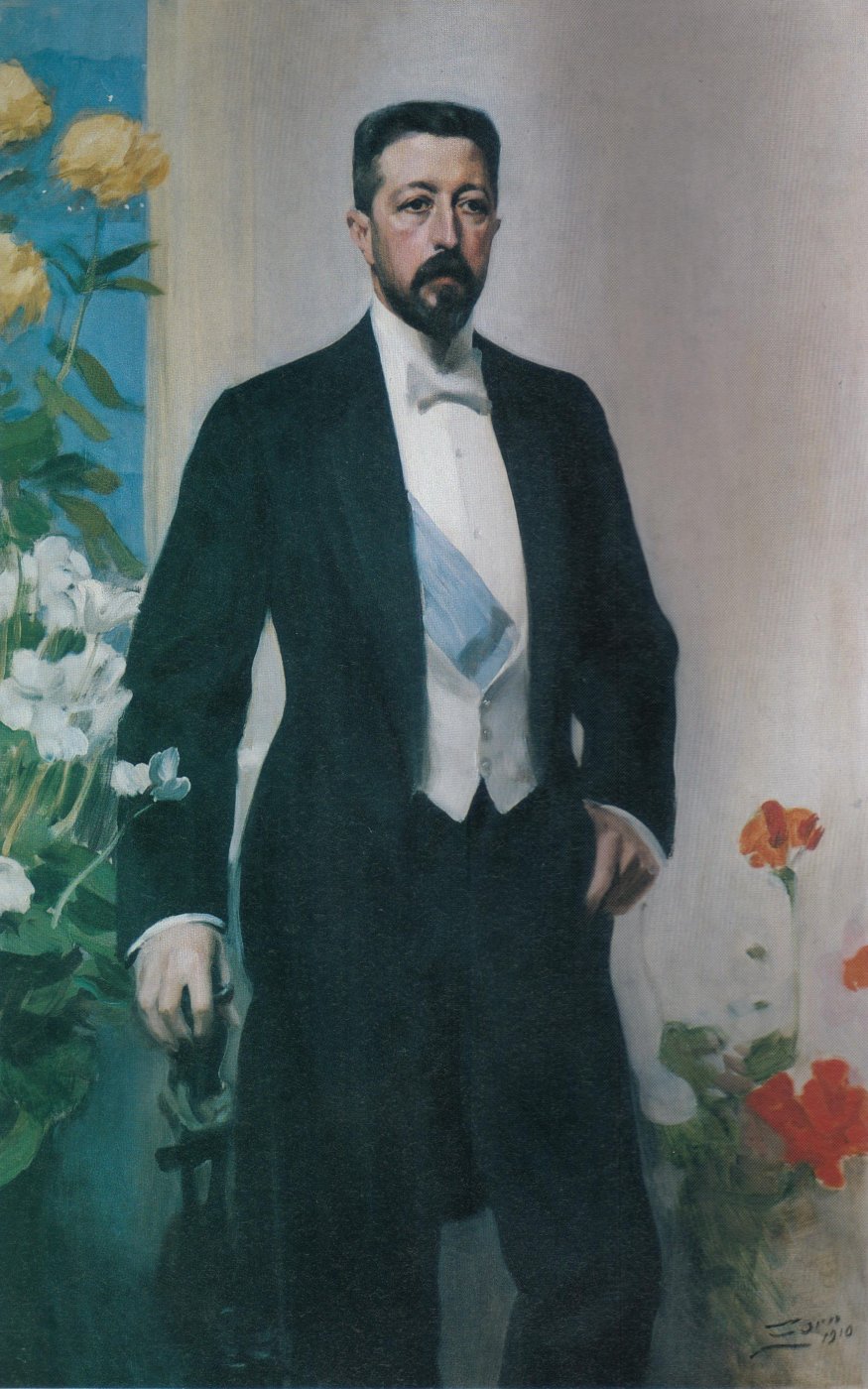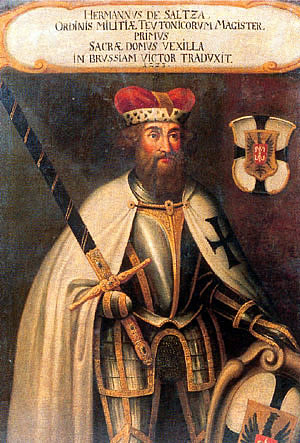
“Karl
XII: En biografi” is a biography in Swedish written by Bengt Liljegren. The
book was published in 2000. Karl XII (or Charles XII) was king of Sweden from
1697 to 1718. During most of that period, Karl was away from Sweden waging wars
in the Baltic provinces, Poland, Germany or Russia. He was also semi-interned
in the Ottoman Empire for several years. The “Great Northern War” ended for
Karl XII on the 30th November 1718, when he was shot dead in Norway
during a siege. The Swedish defeat in the 18-year long war effectively ended
Sweden´s great power period, Russia taking Estonia, Latvia, Ingria and West
Karelia. Czar Peter the Great built St Petersburg, soon to become the Russian
imperial capital, on territory conquered from the Swedes (or reconquered since Russia controlled the area before Sweden´s rise to regional great power status). Sweden also lost some
of its German possessions, but was allowed to keep Finland, which had been
occupied by Russia during the course of the war. Karl XII´s death also ended
the first period of absolutist rule in Sweden, absolutism being replaced by a
constitutional monarchy dominated by the Diet or Parliament (“the Age of
Freedom”).
In
Sweden, Karl XII is still extremely controversial, the “great warrior king”
being a symbol for right-wing extremism. When I was younger, left-wing
radicals and neo-Nazi skinheads near-rioted on the 30th November every
year at Kungsträdgården in Stockholm, where a 19th century statue of
Karl XII is located, menacingly pointing eastwards (at Russia). Leftists and
liberals have often pointed out how absurd and anachronistic Karl XII is as a
Swedish nationalist symbol. The king ruled a multi-ethnic state, many of his officers and
officials were foreigners, and he attempted to create an alliance of Swedes,
Cossacks, Tatars and Turks against Russia. Tatars and Turks are, of course,
Muslim. Liljegren doesn´t mention the old legend that Karl XII brought the
Travelers (a kind of Gypsies) to Sweden. At the same time, the slightly
trollish liberal take on Karl XII is another form of propaganda, since
it´s just as anachronistic to portray the old dictator as “pro-immigration” or “anti-racist”
in the modern sense. Paeans to Karl XII have usually been a
right-wing preserve, leftists – somewhat strangely – preferring his father,
Karl XI (who created the system the son was defending). In his book, Liljegren describes how
the views of Karl XII have changed back and forth over the years, among both
historians and the public.
Above
all, he describes the actual reign of Karl XII. While Liljegren is admirably
objective in his style of writing, it´s difficult not to be critical of the
monarch after reading the 442-page tome. Since Sweden was attacked by a triple
alliance of Russia, Denmark-Norway and Poland-Lithuania-Saxony, one can hardly
fault Karl XII for taking up arms in defense of his realm. However, his concrete
way of doing so ultimately proved disastrous for both Sweden and himself. Instead
of concentrating on defending the Baltic provinces against Russia, Karl spent
years fighting a quixotic war in Poland and then attempted to march on Moscow
without due preparations. The Russians decisively defeated the Swedish army at
the infamous battle of Poltava, forcing the king to flee south to Bessarabia,
then controlled by the Muslim Ottoman Empire. After finally returning to
Sweden, rather than counter-attacking the Russians (who had occupied half of
the then Swedish kingdom), Karl embarked on two equally weird and badly thought-out
campaigns in Norway. The entire reign of Karl XII was marked by famine,
pestilence and war. 200,000 Swedish soldiers were killed. At the time, the
Swedish kingdom had a population of only two and a half million!
I get the
impression from Liljegren´s book that while Karl XII was a brilliant tactician
on the battlefield (at least in the beginning of the war), his long-term strategy
left much to be asked for. Diplomatic finesse he had none. The young king had a
reckless streak, constantly being on the attack (literally), even when
diplomacy and tactical retreats would have suited the situation better. With
more strategic thinking and planning, Karl might have been able to hold on to
the Baltic provinces – or at least to Estonia and Latvia. Some of his wilder
plans were never put into operation: Karl XII apparently toyed with the idea of
invading Britain in alliance with the Jacobites, and also wanted to establish a
Swedish colony on Madagascar in alliance with local pirates! Mostly as a
thought experiment, he also developed a new numeral system with 64 as its base,
a system defended by Emmanuel Swedenborg (the future Seer of the North) in a
pamphlet written mostly to show loyalty to the king-dictator.
What struck
me most when reading “Karl XII: En biografi” was the intractable personality of
the king. On the one hand, he was authoritarian, unapproachable, inflexible to
the point of obsession, and had a sadistic humor. Foreign diplomats described
him as unkempt and extremely rude. On the other hand, he clearly had
*something* which made officers and common soldiers follow him and trust him,
even to the point of death. Some kind of mysterious charisma? Karl XII always dressed
in uniform, didn´t wear a wig and kept his hair short – all three things
unheard of among contemporary monarchs and aristocrats. This gave him a “plebeian”
look. He cultivated an image of being an ascetic warrior, married to his army. Like
many other Swedish kings, he also distrusted the higher nobility as a class,
much preferring the lower nobility and the commoners. The king was also something of a religious zealot, which gave him a fatalistic outlook on life - everything was preordained by God, so why worry about failure. Above all, he seemed impervious to suffering.
My impression of Karl
XII´s personality type is very negative. Was he a sociopath? Or did he have some kind of autism spectrum
disorder? What makes the whole thing doubly disturbing is that his inflexible orders
were usually followed meticulously, even by people who knew better. Karl XII´s
father Karl XI had turned Sweden into a well-drilled militarist absolutist
state – and the son was reaping the benefits.
That is,
until the 30th November 1718 (or December 11 according to the
Gregorian calendar now in use). For centuries, rumors have claimed that Karl
XII wasn´t killed by a Norwegian bullet, but by one of his own people. A French
immigrant serving as an officer in the Swedish army, André Sicre, was widely
suspected of being Karl XII´s assassin by his contemporaries. Liljegren believes
that the king was murdered and that Sicre may indeed have done it. Cui bono?
The author regards it as extremely suspicious that Frederick of Hesse – who subsequently
became king of Sweden – acted so fast after the death of Karl XII, purging the
most prominent Karoline loyalists while buying off the officer corps with
lavish gifts. And why had the same Frederick only six months earlier issued
instructions about what should be done in the event of the king´s death,
instructions never before heard of? And guess who promoted André Sicre? Yes,
the very same Frederick…
If Frederick was the main conspirator, the conspiracy failed
after his “Hessian” faction had purged the pro-Karl “Holstein” faction. In the
aftermath of the purge, the Hessians quickly lost the initiative to a third
group, the “men of freedom”, who abolished royal absolutism. Frederick (who was
married to Karl XII´s sister Ulrika Eleonora) eventually did become king, but
without much effective power. It should be noted that other historians, including
Peter Englund, strongly support the idea that Karl XII was killed by enemy
fire.
Perhaps
the debate will continue for another 300 years…
Still, if
Swedish is your first language, “Karl XII: En biografi” does give a good
overview of the life and times of the most divisive king in Sweden´s history.
And perhaps his death, too.

_(cropped).jpg)












